
12 Warning Signs Your Blood Sugar Might Be Too Low
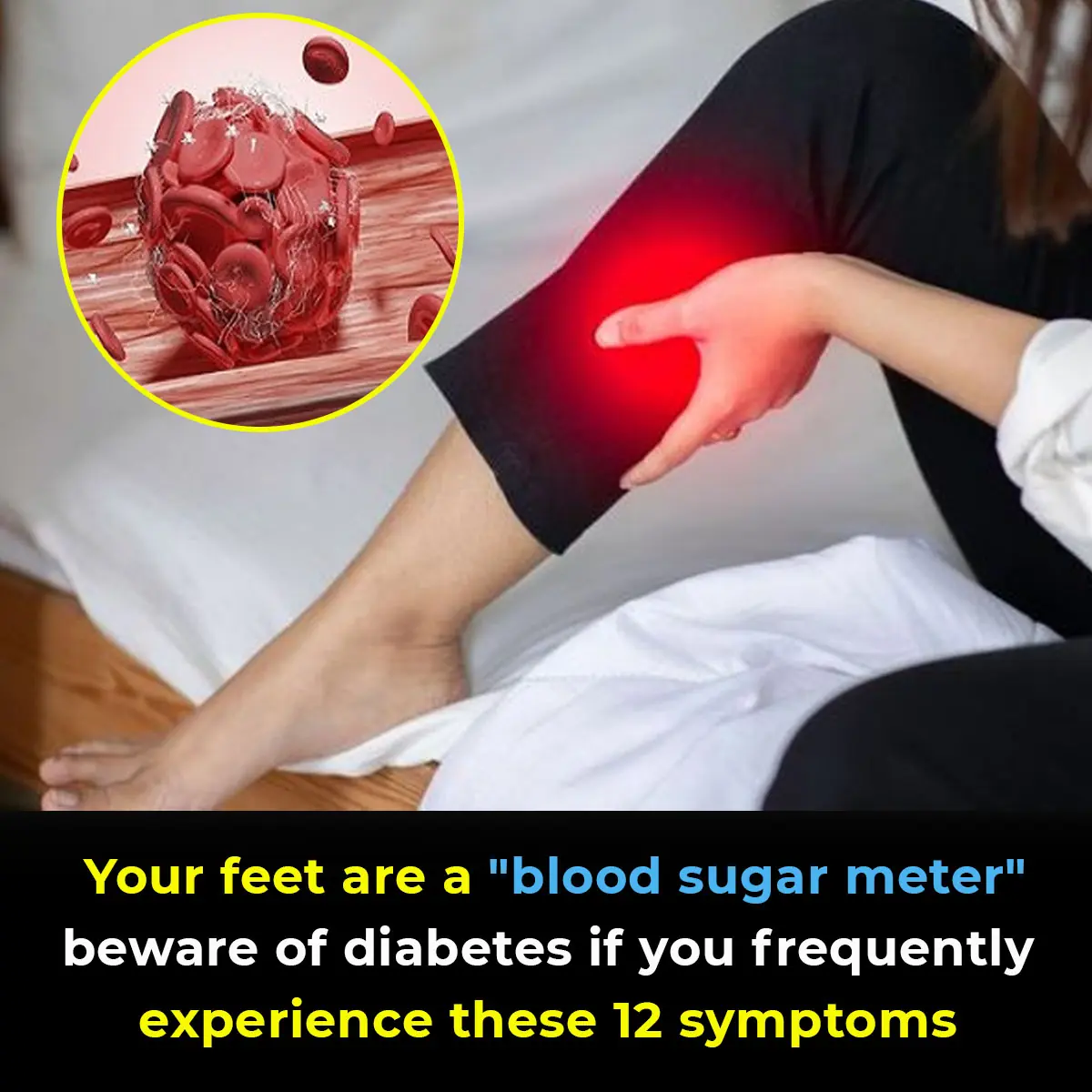
Every cell in your body relies on energy to function properly, and glucose, or blood sugar, is the primary source. Glucose is essential for the proper function of your digestive system, heart, and brain, and it plays a key role in maintaining healthy skin and vision. Throughout the day, your blood sugar levels will naturally fluctuate, but when they drop below 70 mg/dL, you experience low blood sugar, also known as hypoglycemia. There are several signs to watch for that may indicate your blood sugar is low. This article highlights 12 symptoms of hypoglycemia.
1. Excessive Sweating
Have you ever started sweating and feeling clammy, even though it wasn't hot? This could be a sign of low blood sugar. According to the University of Michigan Health, hypoglycemia can trigger sweating, which is most common in individuals with diabetes, though it can occur in anyone when adrenaline surges as glucose levels dip. Diabetic individuals often experience night sweats due to hypoglycemia.
2. Irritability
We've all experienced the "hangry" feeling when hunger sets in, making us irritable. When your blood sugar drops, stress hormones like cortisol and adrenaline are released, which can cause feelings of irritability. However, it’s important to note that hunger doesn't always mean low blood sugar—it’s possible to feel cranky even when glucose levels are stable.
3. Intense Hunger
Your blood sugar is the main energy source for your cells, particularly your brain. When glucose levels fall, your cells can't function properly, triggering feelings of hunger. To stabilize blood sugar, it's crucial to eat foods like non-starchy vegetables, whole grains, and healthy fats. According to Medical News Today, while starchy carbs and sugary drinks may cause a quick spike in blood sugar, they don’t help maintain long-term stability.
4. Nightmares
Hypoglycemia can cause several issues at night, including restless sleep and nightmares. In fact, many people with diabetes report experiencing nightmares severe enough to wake them from sleep. These nocturnal problems are often misdiagnosed, so if you’re regularly having nightmares, consult a doctor about your nighttime routine and diet, especially if you suspect nocturnal hypoglycemia.
5. Difficulty Focusing
If you’re struggling to concentrate, it could be time for a break. Low blood sugar reduces the supply of glucose to your brain, which impairs your ability to focus and complete basic tasks. This can be compounded by hunger and fatigue from insufficient glucose. This problem isn’t exclusive to adults—children may also experience reduced attention span and learning difficulties when blood sugar drops.
6. Dizziness
If you feel lightheaded after skipping a meal or snack, it may be due to low blood sugar. When glucose levels drop, the body activates the sympathetic nervous system, releasing hormones that can cause dizziness, hunger, and weakness. Dehydration can worsen these symptoms, so staying hydrated is key. However, dizziness can also stem from other issues, such as inner ear problems. If eating doesn’t help, consider other potential causes.
7. Shakiness
Feeling shaky can be another sign of low blood sugar. When glucose levels fall, the body releases adrenaline to prompt you to replenish your energy. If you feel shaky after eating, it might indicate idiopathic postprandial syndrome (IPS), which mimics low blood sugar symptoms like dizziness and headache. While IPS typically doesn’t require treatment, it’s helpful to recognize these signs.
8. Blurred Vision
If your vision suddenly becomes blurry, it could be a result of low blood sugar. Hypoglycemia can cause visual disturbances, such as blurred vision or "black spots," and in some cases, even double vision. High blood sugar can also affect vision by causing swelling in the eye’s lens. Persistent changes in eyesight should be addressed by a healthcare provider to rule out other potential causes.
9. Slurred Speech
Slurred speech can occur when blood sugar drops below 40 mg/dL. This is often accompanied by difficulty processing language and may signal that it’s time to eat. Other symptoms that may develop as your blood sugar continues to drop include muscle twitching, unsteady walking, and emotional fluctuations. Recognizing the difference between mild and moderate symptoms can help you take action quickly.
10. Sleep Disturbances
Struggling with sleep? Low blood sugar at night can cause sleep disruptions, along with symptoms like night sweats, waking up feeling unrested, or feeling irritable. Maintaining a healthy sleep cycle is essential for regulating blood sugar and reducing the risks of conditions like obesity and diabetes.
11. Seizures and Coma
In extreme cases, dangerously low blood sugar levels can lead to seizures, fainting, or even brain damage. For diabetics, severe hypoglycemia can result in a diabetic coma, which may also occur with high blood sugar. Symptoms typically precede a coma, so it's crucial to raise your blood sugar levels gradually with glucose tablets or regular soda if necessary.
12. Heart Palpitations
Low blood sugar can also cause heart palpitations or a racing heartbeat. When glucose levels drop, adrenaline is released, triggering a "fight-or-flight" response, which can lead to these symptoms. In rare cases, hypoglycemia can cause irregular heartbeats and reduced blood flow to the heart, leading to potential cardiac arrhythmia. For individuals with type 1 diabetes, this could result in “dead in bed” syndrome.
Conclusion
Low blood sugar, or hypoglycemia, can manifest in various ways, ranging from mild symptoms like irritability to more severe reactions like seizures or heart palpitations. If you notice these warning signs, it's essential to act quickly and address the issue. Regularly monitoring your blood sugar, eating a balanced diet, and staying hydrated can help prevent hypoglycemia. Always consult a healthcare provider if you're experiencing persistent or severe symptoms.
News in the same category

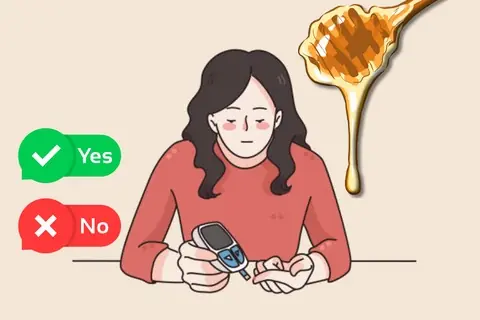
10 Early Warning Signs Your Blood Sugar Is Way Too High

If Your Legs Cramp at Night You Need to Know This Immediately

Warning Signs Your Body Is Full of Parasites and How to Effectively Eliminate Them Naturally

Warning Signs of a Parasite Infection And How to Eliminate It for Good

What Raw Garlic Can Do for Your Health Is Truly Unbelievable

5 Common Deficiencies That Can Mess With Your Mood, Energy, and Health
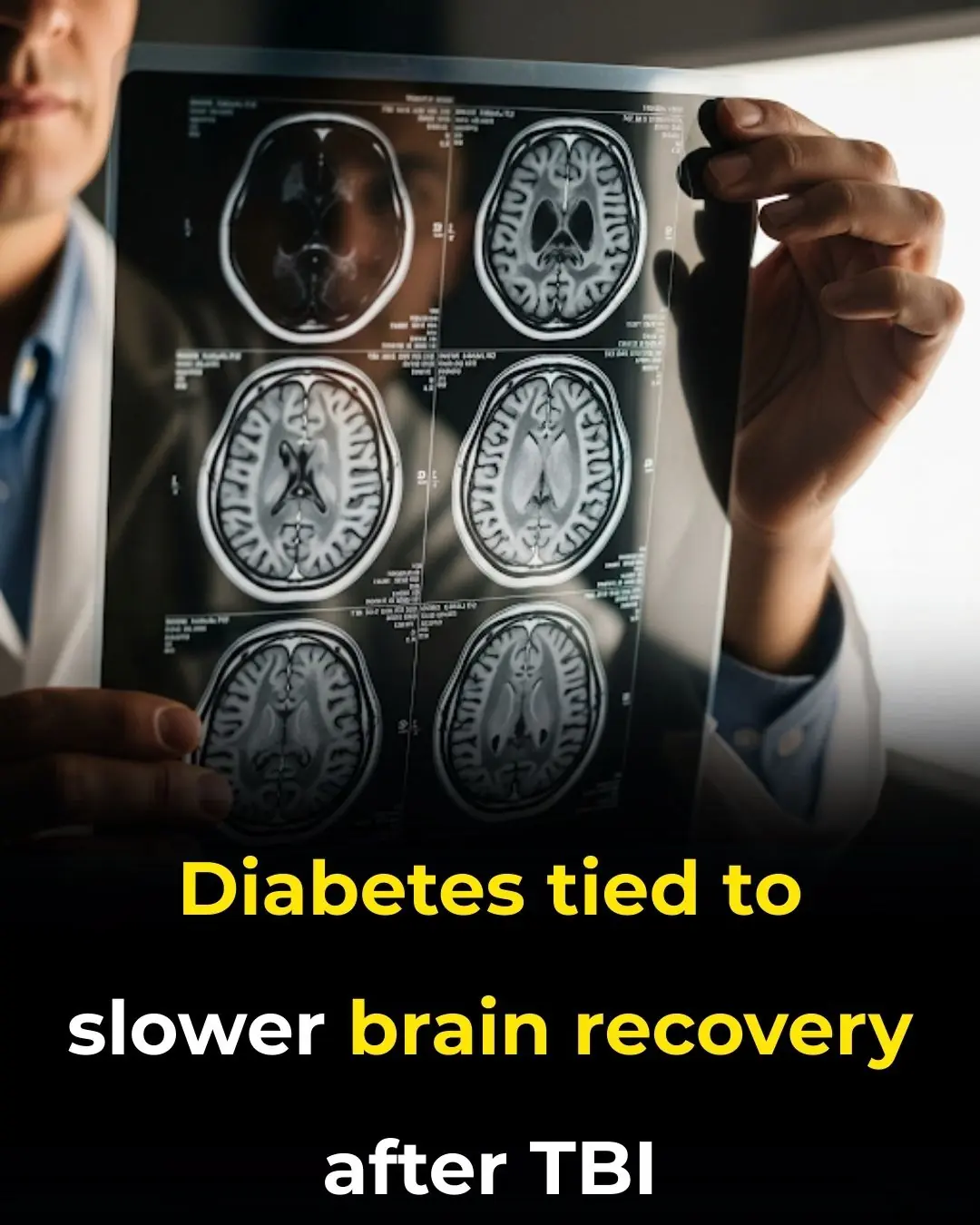
Diabetes Tied to Slower Brain Recovery After TBI

Neuropathic Pruritus Has High Comorbidity Burden, Varied Treatment Responses

Unlock Your Body's Healing Potential: The Power of Reflexology for Pain Relief and Wellness

Medicinal Health Benefits of Turmeric, Curcumin and Turmeric Tea Based on Science

How to Use Tea Bags to Fight Acne, Cold Sores, Warts, Puffy Eyes, Bruises and More
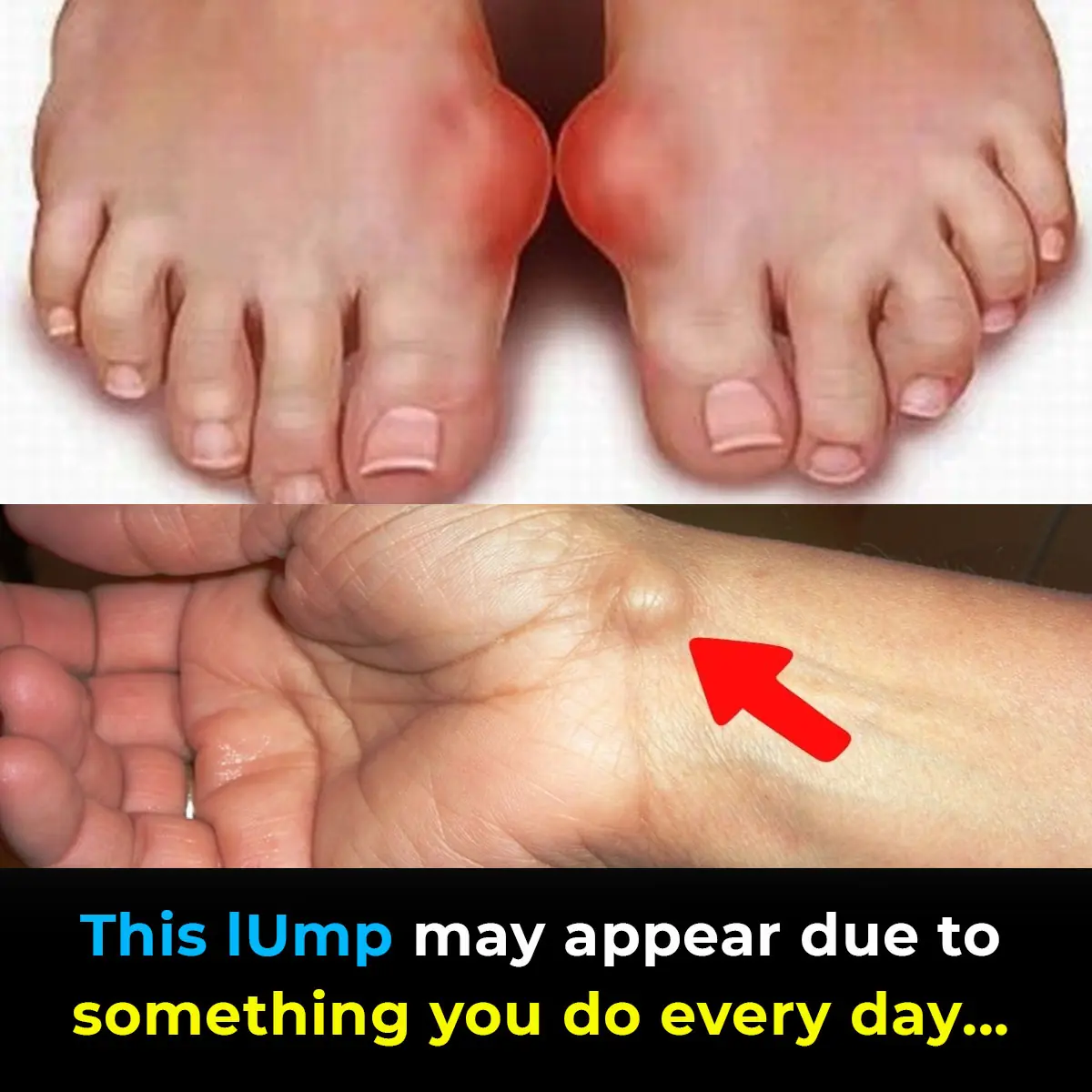
Healing Power And Important Safety Tips Of Castor Leaves
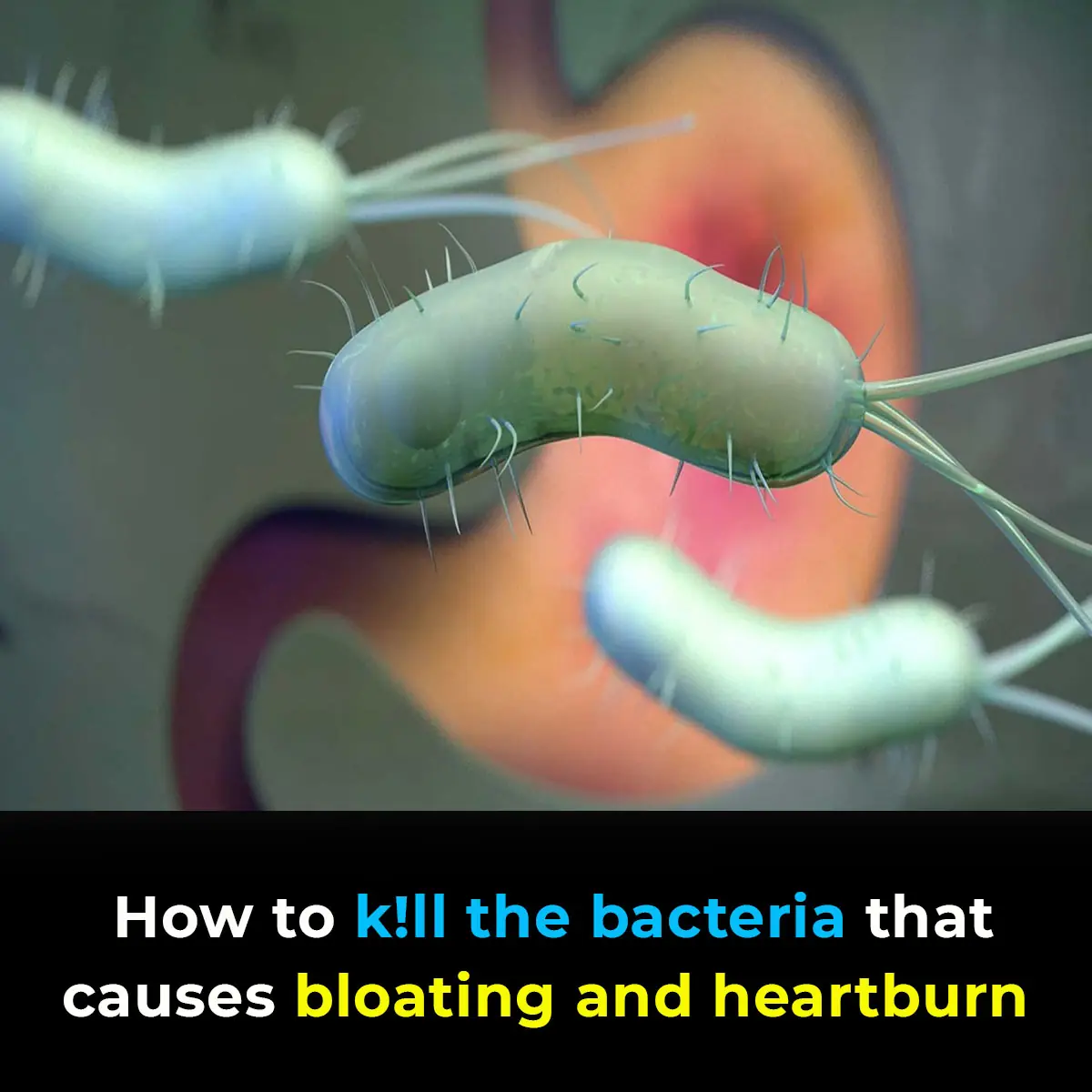
How to Treat H. Pylori (Helicobacter Pylori) Naturally Without Antibiotics
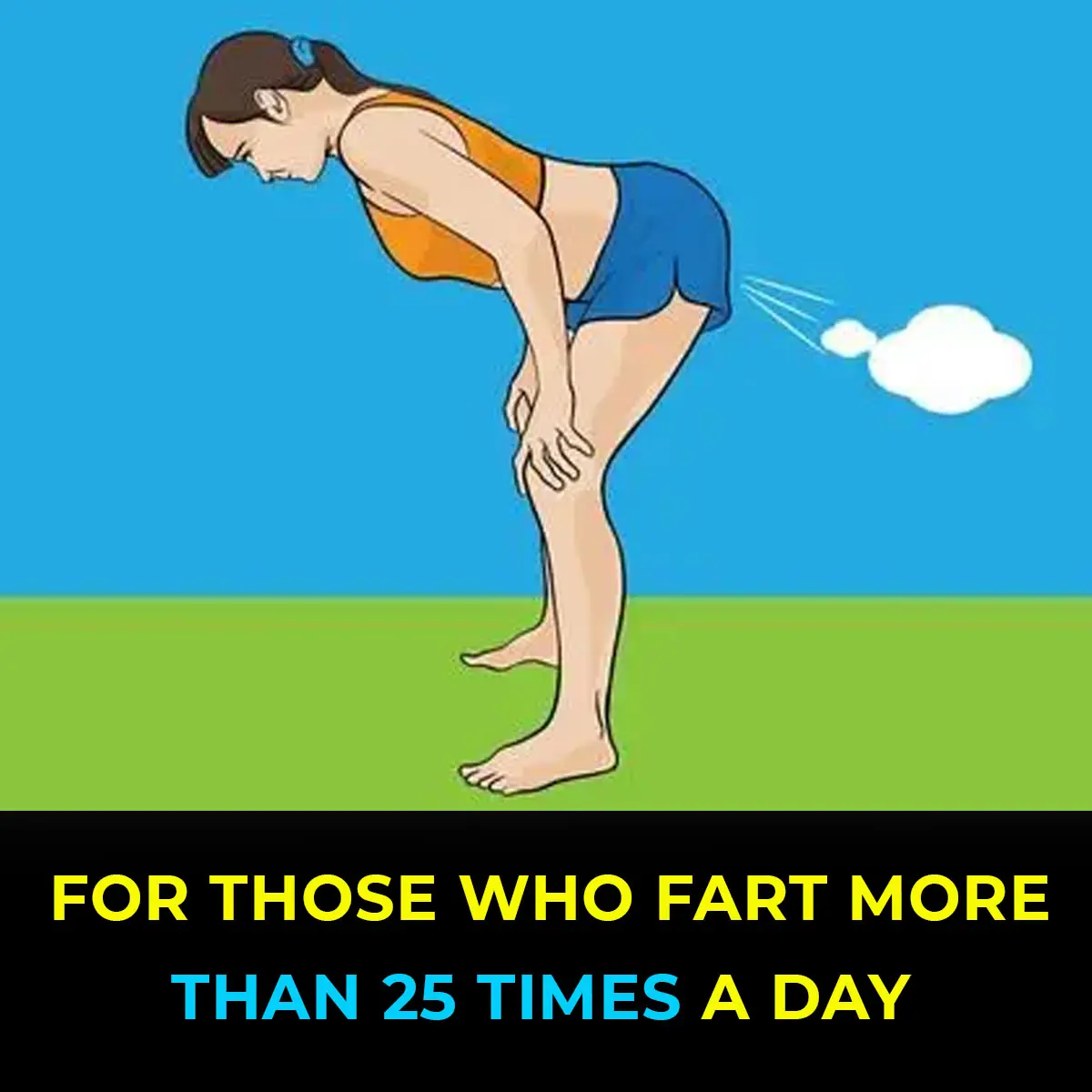
Be Careful If You’re Farting More Than 25 Times a Day—It Might Be a Sign Your Body is Trying to Warn You
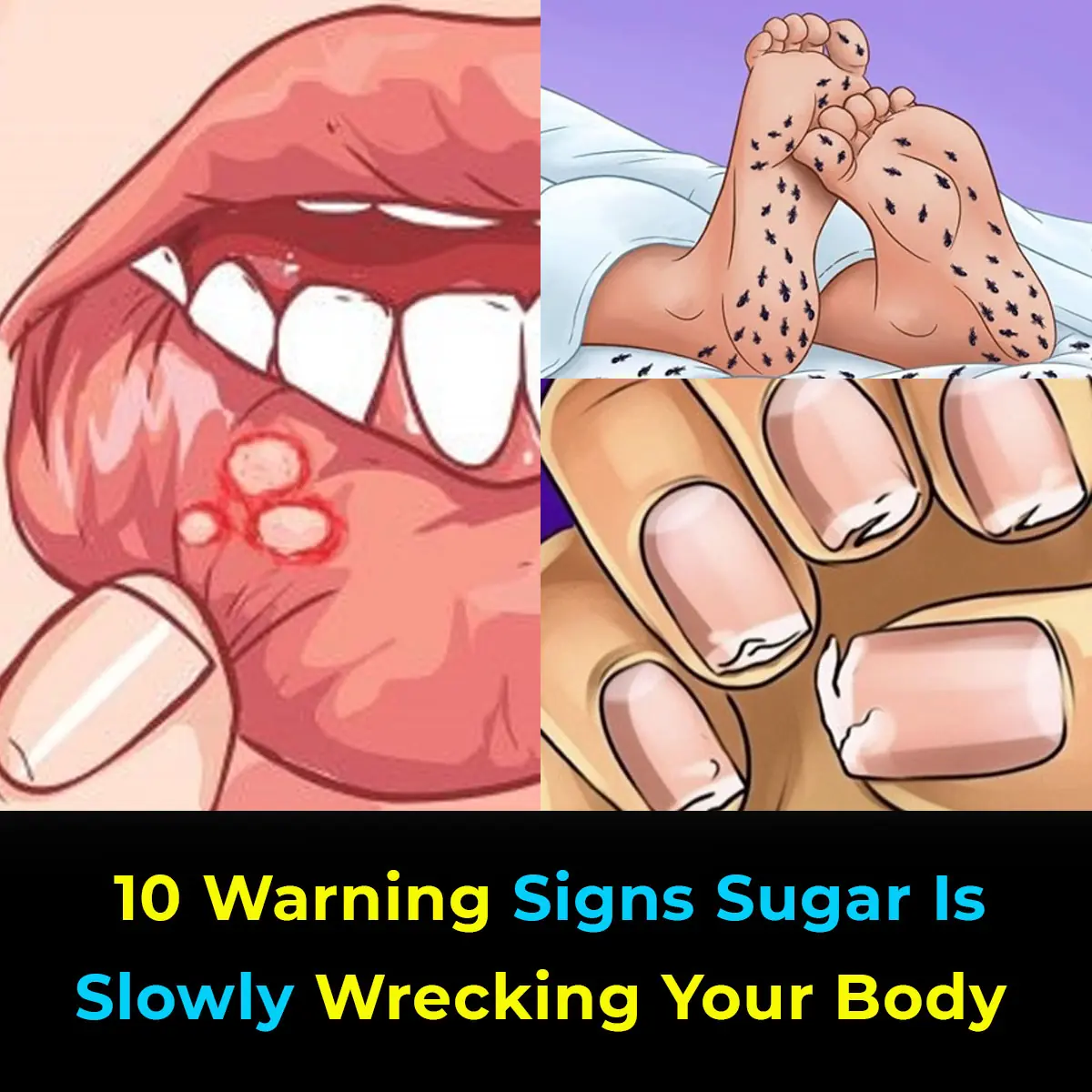
10 Warning Signs Sugar Is Slowly Wrecking Your Body

10 Cancer Warning Signs Women Often Overlook

Breakthrough Male Contraceptive Injection Offers Alternative to Condoms and Vasectomy
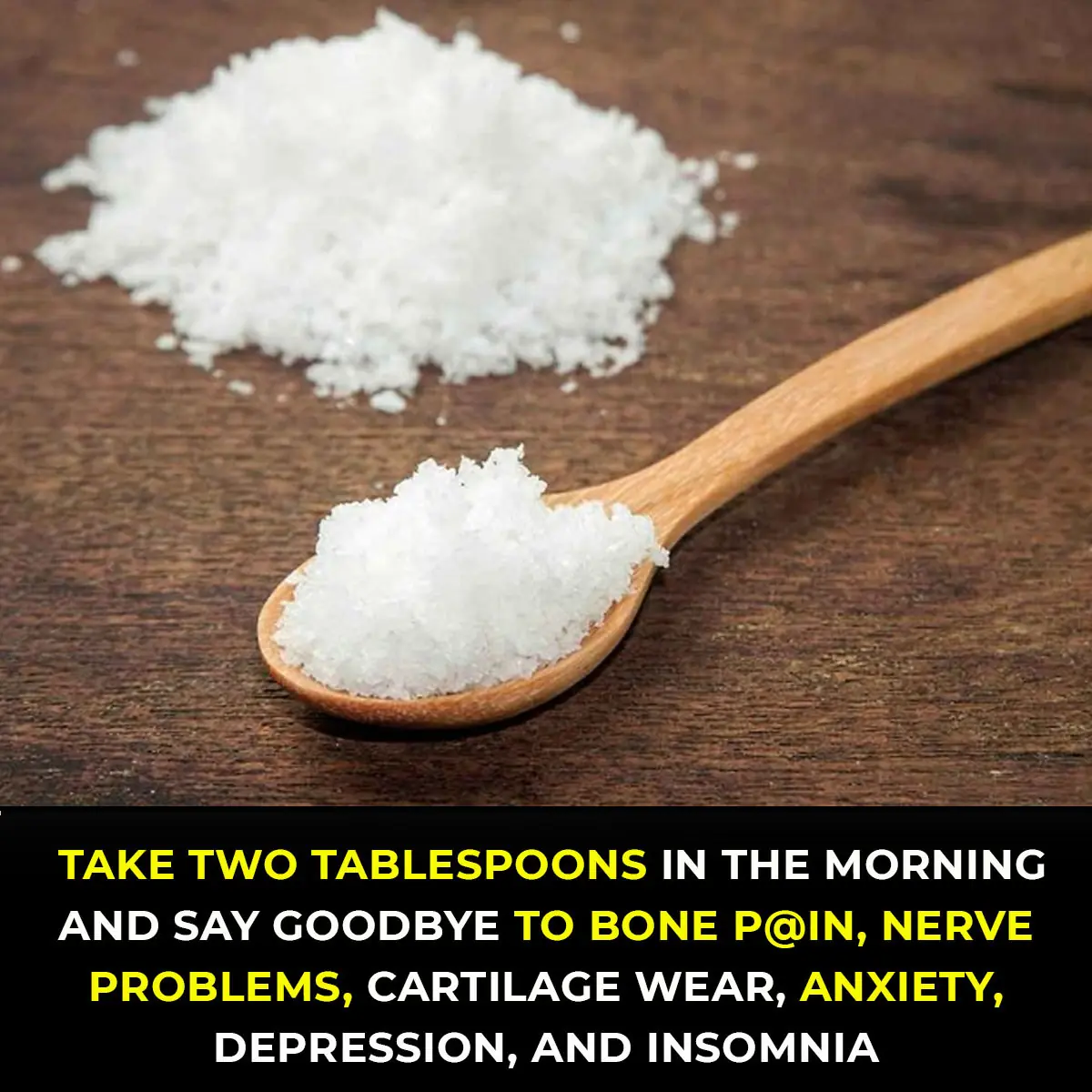
This One Superfood Could Tackle Major Health Issues—Here’s What You Need To Know
News Post

You Can Adopt Puppies That Were ‘Too Friendly’ to Become Police Dogs

A Nigerian Scientist Developed a High-Tech Cancer-Detecting Goggles That Help Surgeons Spot Cancer Cells More Accurately.

Final straw that led to billionaire CEO's desperate escape from Japan inside 3ft box

Mutant deer with horrifying tumor-like bubbles showing signs of widespread disease spotted in US states

'Frankenstein' creature that hasn't had s3x in 80,000,000 years in almost completely indestructible

Scientists discover ultra-massive 'blob' in space with a mass of 36,000,000,000 suns

When a Washing Machine Shows 7kg, 8kg, or 10kg, Is That the Weight of Dry or Wet Clothes? The Real Meaning Behind These Numbers Is Something That Few People Know

Place a Bowl of Salt in the Fridge: A Small Trick, But So Effective — I Regret Not Knowing It for 30 Years

If Your White Walls Are Dirty, Don’t Clean Them with Water — Use This Trick for a Few Minutes, and Your Wall Will Be as Clean as New

Bubble Wrap Has 4 Uses 'As Valuable as Gold' — But Many People Don’t Know and Hastily Throw It Away

3 Ways to Prevent Snakes from Entering Your House: Protect Your Family
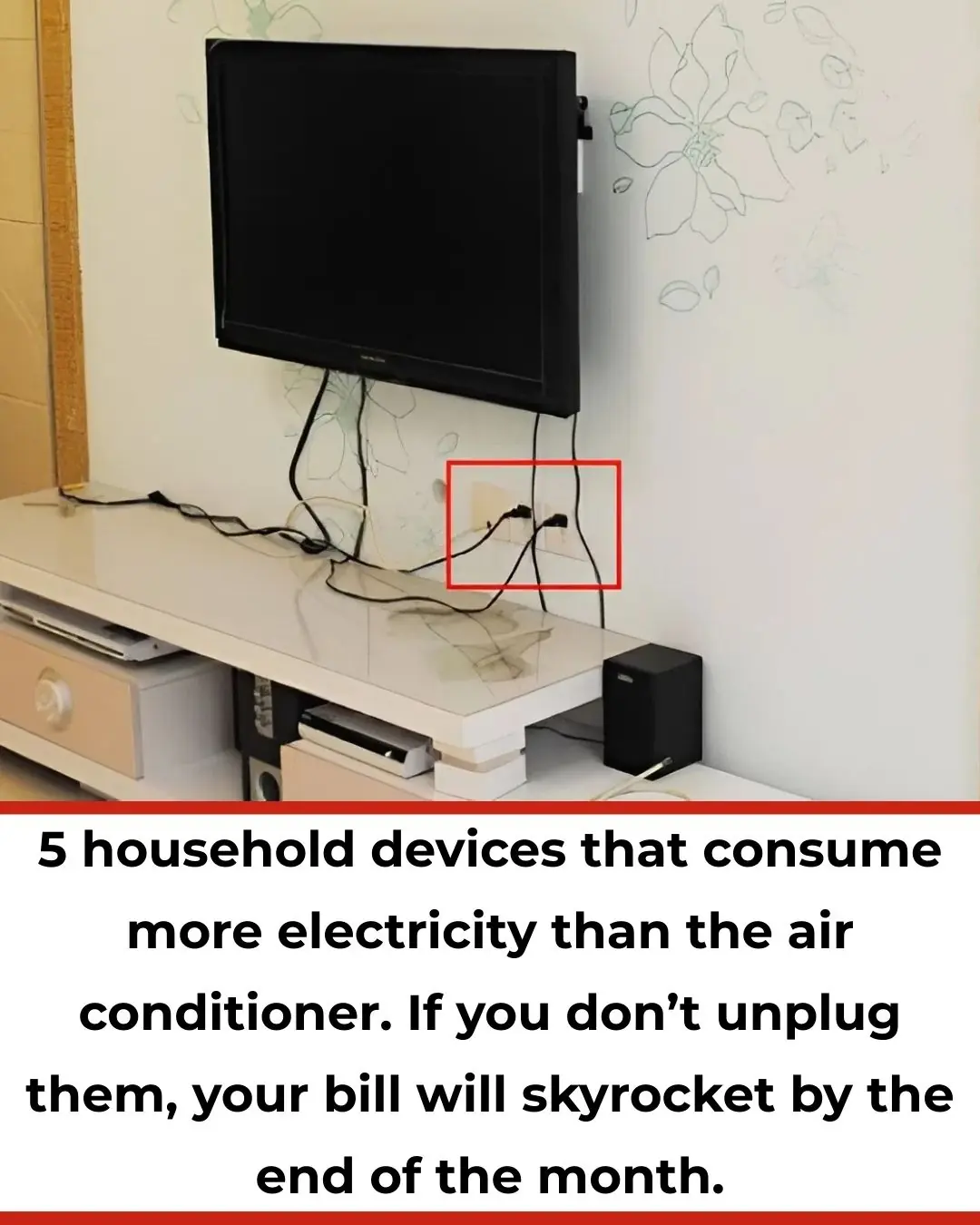
5 Household Devices That Consume More Electricity Than an Air Conditioner: Unplug Them to Avoid Skyrocketing Bills

How a Common Kitchen Powder Can Help Your Plants Thrive and Bloom

How to Effectively Clean Black Mold from Your Refrigerator Gasket in Just 5 Minutes

10 Early Warning Signs Your Blood Sugar Is Way Too High

If Your Legs Cramp at Night You Need to Know This Immediately

Warning Signs Your Body Is Full of Parasites and How to Effectively Eliminate Them Naturally

Warning Signs of a Parasite Infection And How to Eliminate It for Good

What Raw Garlic Can Do for Your Health Is Truly Unbelievable
